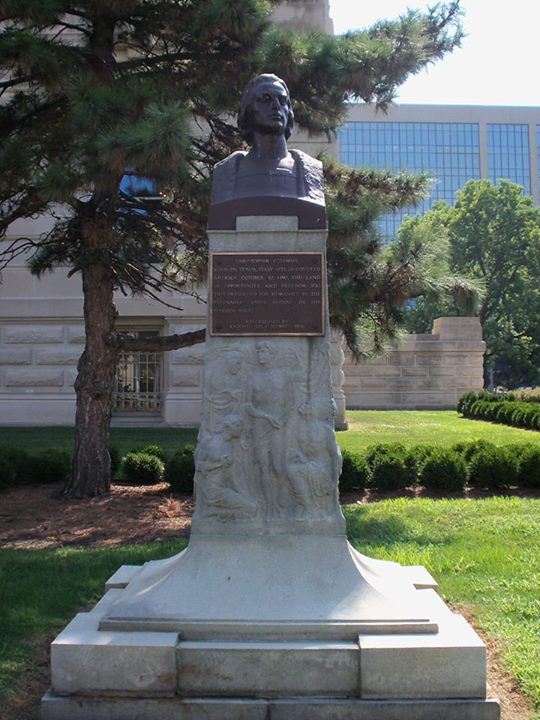
Wednesday, 3 June 2015
For the Son of God, Jesus Christ, who was preached among you by us—by me, Silvanus, and Timothy—was not Yes and No, but in Him was Yes. 2 Corinthians 1:19
This verse shows us that Silas is the same as Silvanus mentioned elsewhere. With one name or another, he is mentioned in Acts and some of the epistles. But, along with this verse, the verse which ties the two as being the same person is Acts 18:5 –
“When Silas and Timothy had come from Macedonia, Paul was compelled by the Spirit, and testified to the Jews that Jesus is the Christ.” Acts 18:5
Knowing who was with Paul at that time and then comparing it to the timing of this epistle, it is certain they are the same person. And so, using Silvanus and Timothy as support for his words to the Corinthians because they were both reputable souls, Paul continues with his defense concerning his actions.
He calls on an understanding of “the Son of God, Jesus Christ” by his audience. In this, he cannot be referring to a person who is an adopted son of God, but rather the true and only begotten Son of God. Hence, the highlighting of Him in this way – marking Him out as unique and distinct from all others. It was He “who was preached among you by us.” The truly begotten of the Father was the subject of their preaching. As this is so, their words are being tied into the truthfulness of their actions.
It would make no sense to preach the embodiment of truth, Jesus Christ, just to turn around and act in an untruthful manner. In essence, there is the “Proof of the unchangeableness of the doctrine from the unchangeableness of the subject of it, namely, Jesus Christ” (JFB Commentary).
The doctrine of those who preached was sure because of the One of whom they spoke. In Him what they communicated “was not Yes and No, but in Him was Yes.” The words “in Him was Yes” are literally, “Yes has come to pass in Him.” Jesus is the embodiment of truth and He demonstrated this in His life and actions. For a few corresponding verses which confirm this, we can go to the following –
“I am the way, the truth, and the life.” John 14:6
“For this cause I was born, and for this cause I have come into the world, that I should bear witness to the truth. Everyone who is of the truth hears My voice.” John 18:37
“These things says He who is holy, He who is true.” Revelation 3:7
“And He who sat on him was called Faithful and True, and in righteousness He judges and makes war.” Revelation 19:11
As Jesus is so represented as the truth, and as Paul proclaimed the truth of Jesus, he himself, along with the others with him determined to always be as truthful as the One whom they proclaimed. There was no vacillating or wavering in a “Yes and No” but rather in Him was “Yes.”
Life application: Because we bear the name of Jesus, we need to ensure that our words to others reflect His character as well. As He is the embodiment of truth, let us always be truthful in the words we convey to others.
Lord God, it is so easy to fall into little untruths to cover up a fault or an unplanned event which arises. It’s not difficult to fall into outright lies as well when it will cover something we have done wrong. But Lord, I bear the name of Jesus who embodies truth itself. Because of this, I know that it is as important to be as truthful as I can be. Help me in this Lord. Help me to always be a person of integrity and honesty. When others see me, I pray that You will not be diminished in their eyes. Amen.




